Medicine details
| Image |  |
| Name | Indomin |
| Dosage | Capsule |
| Generic Name | Indomethacin |
| Classes |
Analgesic / Pain Killer Central Nervous System Agent NSAID |
| Diseases |
Ankylosing Spondylitis Arthritis Bursitis Gout Hormonal Disorder Patent Ductus Arteriosus (PDA) |
| Company | Reliance Pharmaceuticals Ltd. |
Drug Package Details
| Strength | 25 mg |
| Storage Condition | |
| Origin Country | Bangladesh |
| Commercial Pack | 100 |
| Price per pack | ৳ 100.00 |
| Cost per pack | ৳ 88.00 |
| Package unit | 10 caps strip |
| Price per unit | ৳ 1.00 |
| Cost per unit | ৳ 0.88 |
| Discount | 0 |
| Coupon | |
| Remarks |
Indomethacin
Indomethacin is in a class of medications called NSAIDs. It works by stopping the body's production of a substance that causes pain, fever, and inflammation.
Indomethacin has been found effective in active stages of the following:
- Moderate to severe rheumatoid arthritis including acute flares of chronic disease
- Moderate to severe ankylosing spondylitis
- Moderate to severe osteoarthritis
- Acute painful shoulder (bursitis and/or tendinitis)
- Acute gouty arthritis
Osteoarthritis/ Rheumatoid arthritis:
- Indomethacin capsules 25 mg 2x/day or 3x/day. If this is well tolerated, increase the daily dosage by 25 or by 50 mg, if required by continuing symptoms, at weekly intervals until a satisfactory response is obtained or until a total daily dose of 150-200 mg is reached.
- In patients who have persistent night pain and/or morning stiffness, the giving of a large portion, up to a maximum of 100 mg, of the total daily dose at bedtime may be helpful in affording relief. The total daily dose should not exceed 200 mg.
Acute painful shoulder (bursitis and/or tendinitis):
- Initial Dose: 75-150 mg daily in 3 or 4 divided doses. The drug should be discontinued after the signs and symptoms of inflammation have been controlled for several days. The usual course of therapy is 7-14 days.
Acute gouty arthritis:
- Suggested Dosage: Indomethacin capsules 50 mg 3x/day until pain is tolerable. The dose should then be rapidly reduced to complete cessation of the drug. Definite relief of pain has been reported within 2 to 4 hours.
- Cardiovascular Thrombotic Events
- Nonsteroidal anti-inflammatory drugs (NSAIDs) cause an increased risk of serious cardiovascular thrombotic events, including myocardial infarction and stroke, which can be fatal. This risk may occur early in treatment and may increase with duration of use.
- Indomethacin is contraindicated in the setting of coronary artery bypass graft (CABG) surgery
- Gastrointestinal Risk
- NSAIDs cause an increased risk of serious gastrointestinal adverse events including bleeding, ulceration, and perforation of the stomach or intestines, which can be fatal. These events can occur at any time during use and without warning symptoms. Elderly patients are at greater risk for serious gastrointestinal events.
- Hepatic problems:
- Borderline elevations of one or more liver tests may occur in up to 15% of patients taking NSAIDs
including indomethacin.
- Borderline elevations of one or more liver tests may occur in up to 15% of patients taking NSAIDs
- Asthma:
- Indomethacin should used with caution in asthma patients with aspirin sensitivity.
Contraindication
- Indomethacin is contraindicated in patients with known hypersensitivity to indomethacin or the excipients.
- Indomethacin should not be given to patients who have experienced asthma, urticaria, or allergic-type reactions after taking aspirin or other NSAIDs. Severe, rarely fatal, anaphylactic/anaphylactoid reactions to NSAIDs have been reported in such patients.
- Indomethacin is contraindicated in the setting of coronary artery bypass graft (CABG) surgery
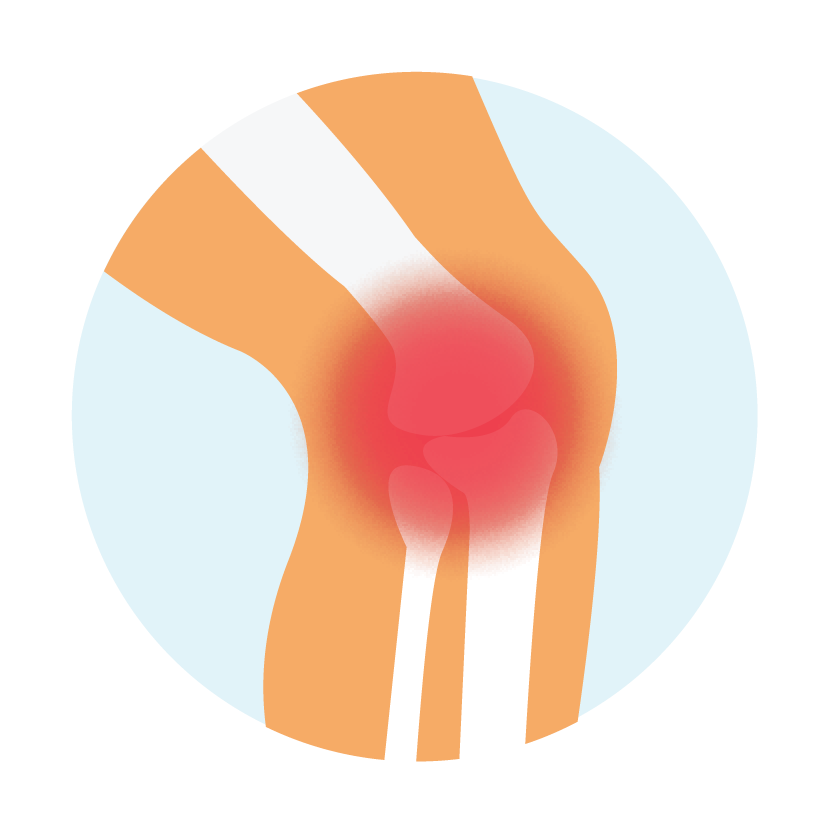
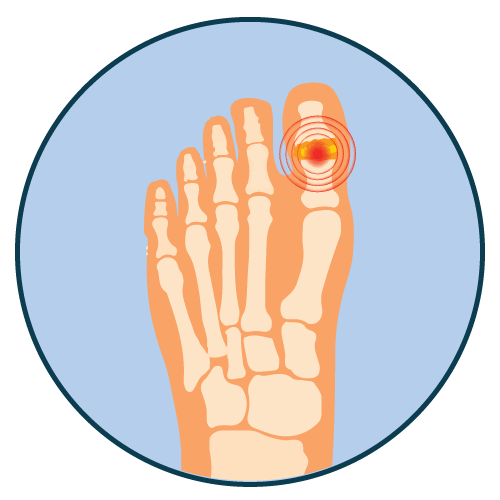
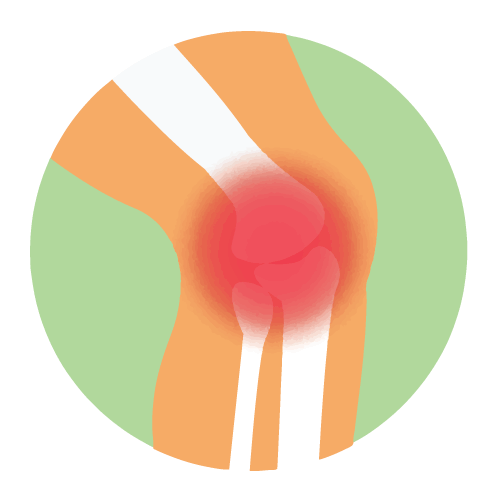

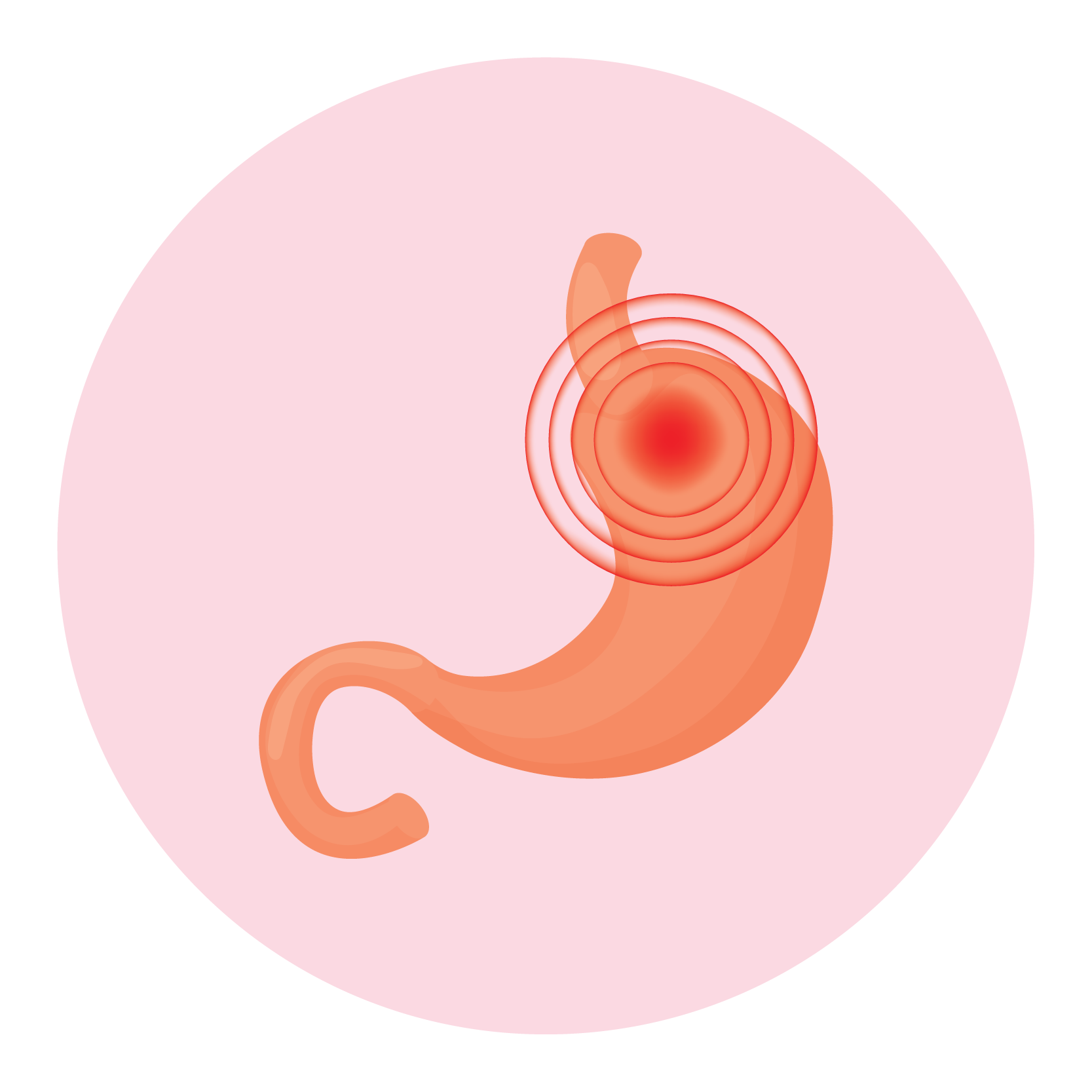



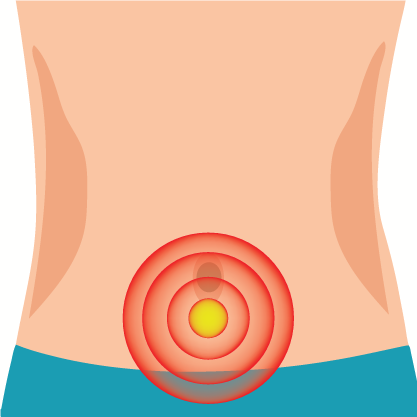
 Bangla
Bangla English
English